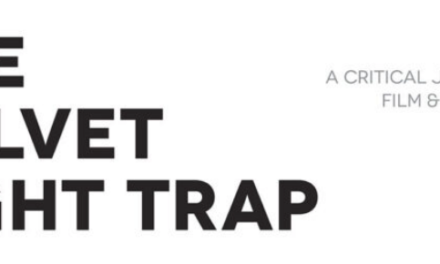Friday 10 November 2017 – Newcastle University, Newcastle upon Tyne
Since its first programmes aired in 1984, Canal+ has played a role in shaping not just the paysage audiovisuel français but also French society, culture, politics and economics in many significant ways. Its presence has had a notable impact on French cinema, the televising and overall profile of top-level sport in France and also acted as a launch pad for the careers of many up-and-coming comedians and presenters. Perhaps more significant even than this role in fostering innovation in a wide range of cultural fields, Canal+ has arguably been a touch-stone of France’s cultural, social and economic modernisation since the 1980s.
25 years after the idea of Canal+ was first announced by President Mitterrand in June 1982, it seems opportune to consider – as widely as possible – the impact of this iconic media-cultural organisation. This conference will explore how Canal+ has evolved during the past three decades and also the ways in which it will continue to do so in the future.
Canal+ was launched in the 1980s in a period when French broadcasting was undergoing a phase of ‘liberalisation’ marking gradual and tentative disengagement from more dirigiste approaches to broadcasting and culture. Over the last three decades, the channel has been an ongoing force for change in television and culture generally, and an iconic example of private-sector innovation while France has struggled to come to terms with globalised competition and the need for the French economy to find new ways of ordering traditional relations between state, culture, the private and public sectors and workers.
Canal’s existence has also been punctuated by debates about the overall direction that it has taken under the leadership of a series of different owners (Havas, Vivendi, Bolloré) and CEOs (notably André Rousselet, Pierre Lescure, Xavier Couture and Bertrand Méheut, Jean Christophe Thierry). Most recently, since mid-2015, Vincent Bolloré’s chairmanship of Vivendi and of the groups subsidiary Canal+ has resulted in significant changes to flagship programmes such as the legendary satirical show Les Guignols and the Grand Journal, amid a flurry of concerns over the death of the so-called traditional ‘esprit Canal’ and aggressive cost-cutting and restructuring of both Canal+ and iTélé. 2015 and 2016 have seen ongoing changes to Canal+ policy, programming and staffing, frequent back-tracking and destabilising uncertainty. Foremost amongst concerns have been the fear that aggressive management tactics have conflicted with journalistic and creative freedom of expression.
Potential topics to be explored at this conference include, but are by no means restricted to, the following:
- Canal+ and the French media landscape in general
- Vivendi Universal and the evolution of Canal+
- Canal+ and its rivals (M6, BeIN Sport… etc)
- Canal+ and Web 2.0
- Canal+ and the French film industry
- Canal+ and the French television industry
- Canal+ and documentaries
- Canal+ and pornography
- Canal+ and French sport
- Canal+ humour and political satire
- Canal+ and the French music industry
- Canal+ and French news reporting
- Canal+ and the advertising industry
- Canal+ and ethnic and gender equality in television
- Canal+ and ‘exception culturelle/diversité culturelle’
- Canal+ and the videogames industry
- Canal+ and francophone Africa
Deadline for proposed paper titles, 250-word abstracts and six keywords: Friday 7 July 2017.
Papers can be presented in either English or French.
Please send proposals to Hugh.Dauncey@ncl.ac.uk





